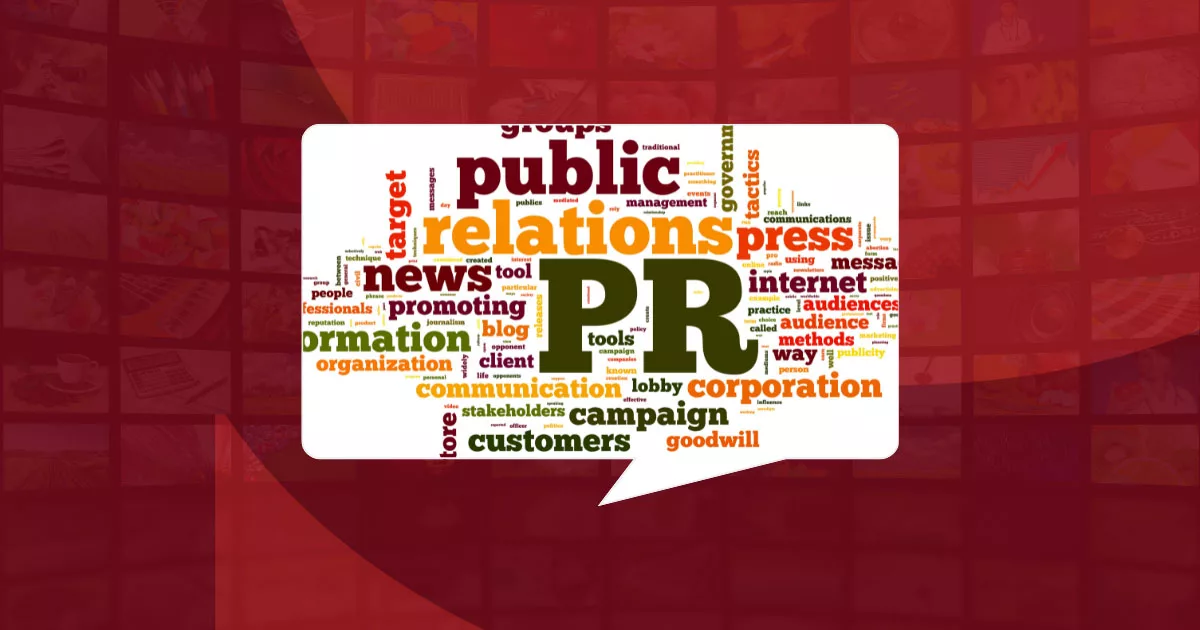What do PR professionals actually do on a day-to-day basis?
Depictions in the media show publicists enjoying lavish parties, rubbing shoulders with celebrities, and going to extreme lengths to repair a client’s image. We have characters from major TV shows like “Sex and the City (SATC) and “Scandal” to thank for that.
SATC’s Samantha Jones, played by actress Kim Cattrall, is one of television’s most recognizable figures, portrayed as a wildly successful PR executive in New York City. She has a seemingly never-ending client list and major media connections and throws expensive soirees. According to Samantha, “Your network is your net worth.” She is not entirely wrong and yet, her day-to-day PR life is hardly close to that of most PR professionals.
Building media connections and expanding your network is a valuable part of working in the industry. What the entertainment world does not show is that PR is exceedingly multi-dimensional. The industry demands professionals maintain a diverse skill set that includes strong written and verbal communication skills, attention to detail for writing pitches and press releases, and the tenacity to reach out to hundreds of reporters on a weekly basis. Very few get to throw lavish parties…
Olivia Pope, played by actress Kerry Washington, is a beloved character and prime example of how the media portrays crisis experts. She is highly dedicated to her clients and known as a “fixer.” The client knows a crisis is averted when Olivia famously claims, “It’s handled.” Unlike a majority of PR professionals, Olivia goes to exorbitant and legally questionable lengths to protect her clients’ image. In reality, if a PR firm takes charge of handling a crisis, the work revolves around creating a response plan that finds solutions. This includes message development, media training, and monitoring for negative coverage. Managing a crisis is exceedingly hands-on and time-consuming work, but usually not half as dramatic as it is portrayed on television.
If TV and movies exaggerate the lives of PR professionals, then what does working at a PR agency truly entail? It is important to acknowledge that no two PR firms are the same. PR agencies have differing personalities, culture, and different work environments that can spark creativity. Some specialize in a specific industry, while others work with a diverse set of clients and industries in everything from technology to food and beverage, and finance to agriculture. Despite these differences, nearly all PR firms have the shared goal of getting their client earned media coverage and protecting their public image and reputation.
Pitching
PR professionals depend on their creativity and writing skills to consistently come up with new ideas for pitches that highlight their clients. This means that, unlike Samantha and Olivia, we are constantly scouring our sources and the news, and interesting reporters in covering our clients. We’re writing news releases, building media lists, and emailing preoccupied reporters. This takes a lot of time, effort, and a thick skin to ignore countless rejection emails. To sum it up, we are most likely typing in our sleep. The reality of this would not make for great TV.
Events
Let’s dive into the events. The media depicts PR professionals attending events, strolling around the party, and meeting celebrities and big names. The truth is that PR firms often do play a role in planning and supporting events, but their work starts well before the party begins. There is much more being done behind the scenes: pitching reporters, sending out media alerts, monitoring for coverage, booking interviews, helping the media get checked into the event properly and escorting them to the press room or find their spot on the red carpet, and other less glamorous activities. Ultimately, our job is to make the event run as smoothly as possible so our clients can focus on strengthening connections and building their brand.
Although television and movies may not accurately portray us, it is entertaining to see how the profession is interpreted and consumed by audiences. PR is a rewarding occupation because we get to see hard work result in positive outcomes, such as securing top-tier media coverage for the client. The excitement of those moments never fades and makes the more tedious and less alluring parts of the job worth it.






